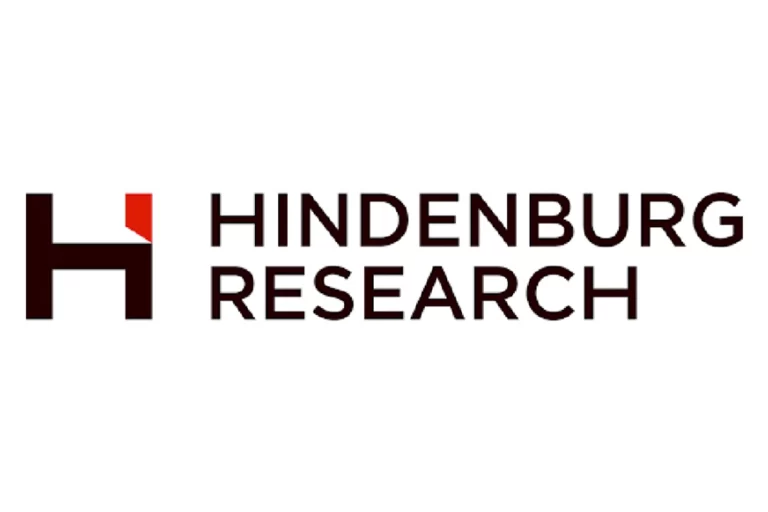
Explainers:
Nathan Anderson founded Hindenburg Research LLC, a New York-based investment research firm focused on activist short-selling, in 2017.
Hindenburg has made headlines again after accusing Indian conglomerate Adani Group of “a brazen stock manipulation and accounting fraud scheme.” It cited two years of research, which included interviews with former Adani executives and a review of thousands of documents.
What exactly is it?
Hindenburg claims to be a leader in “forensic financial research.” In layman’s terms, it looks for business corruption or fraud, such as accounting irregularities and bad actors in management.
Where did it get its name?
According to the company, the Hindenburg, the famous airship that caught fire in the 1930s to the cry of “Oh, the humanity,” is the “epitome of a totally man-made, totally avoidable disaster.” It claims to be looking for similar disasters in financial markets “before they entice more unsuspecting victims.”
What does Hindenburg get out of this?
It has the potential to generate revenue. It stated in its Adani report that it had taken a “short position in Adani Group Companies” through bonds traded in the United States and other investments traded outside of India.
It has made similar “short” bets against other companies about which it has published negative reports. A “short” trade is a way for someone to profit if the price of an investment falls. Following that, Hindenburg can profit if the price of a company’s stock or bonds falls as a result of the negative attention from the report.
According to Hindenburg Research, Adani Group fails to answer 62 of our 88 questions.
According to a New York University finance professor, shares of Adani Group’s flagship firm are overvalued on some metrics despite falling more than 50% in the rout triggered by US short seller Hindenburg Research’s damning report last month.
“I continue to believe the company is overpriced, given its fundamentals (cash flows, growth, and risk),” he added. The meltdown has depleted the market value of billionaire Gautam Adani’s empire, which includes businesses ranging from ports to energy.
Hindenburg’s report is full of disclaimers; the game has been played smartly while keeping federal laws in mind; the listed companies’ reports are being seen and protected as just an opinion under American laws if it includes disclaimers.
Hindenburg has dealt with over 20 such cases in which the parties very wisely chose the United States as the jurisdiction to seek the benefit of the laws, and aggrieved parties must not be able to challenge their reports. They have a couple of lowercases working in their Favour. One such recent case involved a Chinese organization, and another involved Eros India. These types of sellers are very clever in exploiting loopholes in U.S. Federal laws and using them to their advantage by portraying a negative image for organizations for their petty interests.
If you look at the Hindenburg report closely, you’ll notice that it’s full of “We Believe” – “We Think” disclaimers.
Despite Hindenburg’s bet on Adani, an India short-selling boom is unlikely.
Hindenburg, based in the United States, disclosed a short position in the ports-to-cement conglomerate last month, alleging improper use of offshore tax havens and stock manipulation by the group, which Adani denies.
The Adani Group has condemned the allegations as “a malicious combination of selective misinformation and stale, baseless, and discredited allegations that have been tested and rejected by India’s highest courts.”
